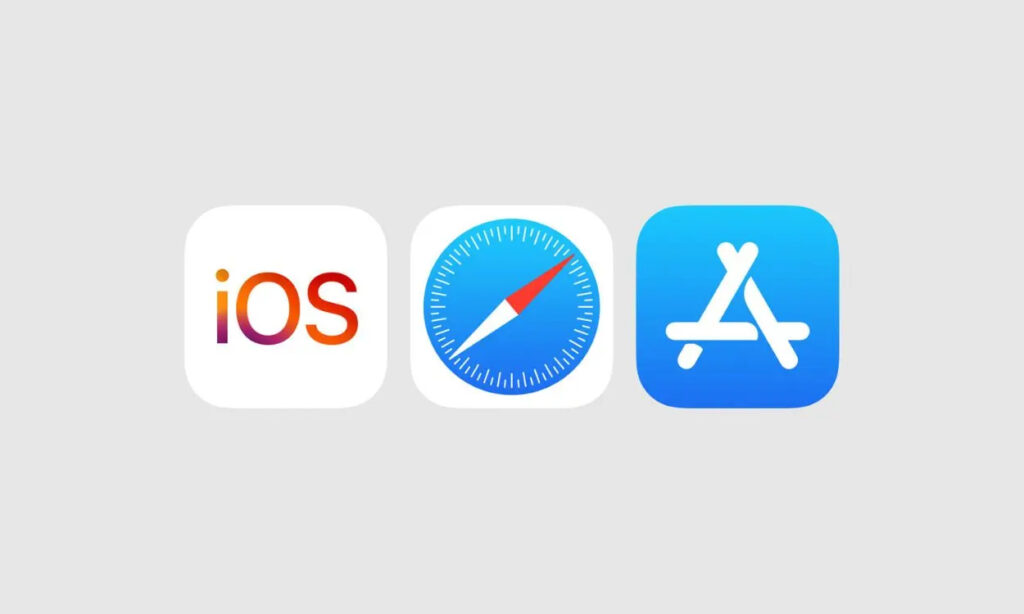
Apple has recently revealed updates for iOS, Safari, and the App Store in the European region with the launch of iOS 17.4, aligning with the Digital Markets Act (DMA). Among the significant alterations, Apple now allows users to download applications from third-party app stores, a feature commonly known as sideloading. Here’s a comprehensive overview of the changes announced by Apple.
iOS 17.4 Brings Sideloading to iPhones

In a recent blog post, Apple unveiled its plans to introduce new options for distributing iOS apps through alternative app stores in Europe. Developers will have access to new APIs and tools enabling them to offer apps via third-party app stores, termed “alternative app marketplaces” by Apple. Additionally, these third-party stores can utilize updated frameworks and APIs to handle the installation and management of app updates on behalf of developers hosting their apps on their platforms.
Contrary to earlier reports about charges for sideloading apps, Apple clarified that it will impose a modest fee of €0.50 as a Core Technology Fee from developers for each first annual install exceeding a 1 million threshold. This fee is applicable to all iOS apps distributed via the App Store or any other third-party app store.
App Store Commissions Reduced
In response to mounting antitrust lawsuits, Apple has taken a conciliatory step by announcing a significant reduction in its commissions for transactions involving digital goods and services. The commissions, previously set at 30%, will now be adjusted to either 10% or 17%. This move is expected to uplift the spirits of developers who have frequently criticized Apple for imposing high commission rates.
External Payment Choices in App Store
Following a court ruling mandating Apple to permit users to opt for third-party payment options provided by app developers within the app, Apple is updating its App Store guidelines accordingly. The revised guidelines now grant app developers the freedom to conduct in-app payments without redirecting users to the App Store. Additionally, developers are now allowed to inform users in the EU about promotions, discounts, and deals available outside the app. Previously, Apple prohibited developers from showcasing deals and offers in apps that required users to visit external websites. Notably, Apple will not levy commissions on transactions made through external payment systems.
Option of Default Browser
With the introduction of iOS 17.4, Apple is extending the option for users in Europe to choose a browser other than Safari as their default browser. Upon installing this update, users opening Safari will encounter a choice screen, allowing them to select their preferred default browser from a provided list of options.
In alignment with the Digital Markets Act (DMA), Apple has revamped its App Store guidelines and Safari. However, the company acknowledges that it will have reduced control over apps that could potentially engage in scams or abuse users. Apple emphasizes that applications using browser engines other than its own WebKit may lead to a less favorable user experience, “including potential impacts on system performance and battery life.“
For a comprehensive understanding of the changes, including those related to the App Store, sideloading in iOS 17, and new payment processing options, Apple has detailed information in its blog post. The rollout of iOS 17.4 beta to developers is currently underway.




